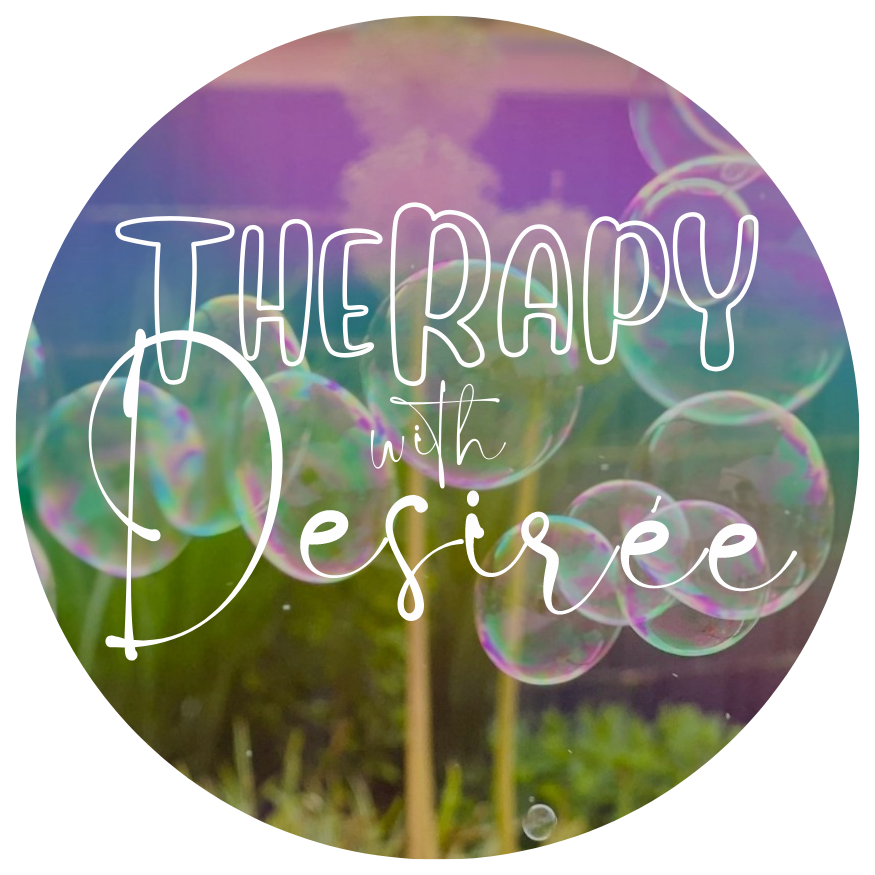Questions to ask before starting therapy
It’s wild out there! I’ve heard horror stories that truly baffle me. A clinician told someone not to worry about the webinar playing in the background, they were “just multitasking”. You should never have to call your therapist out for playing a game on their phone because they don’t realize it’s reflecting off their glasses!
One of the most important indicators of therapeutic success is goodness of fit. You may be tempted to skip the consultation call and jump into your first session. However, feel the person out a bit to save yourself time and the emotional vulnerability if you have to start over. As you briefly assess, notice how the conversation flows, if you feel attended to, understood, heard, challenged. Here are some other basics:
What are your credentials?
In New York state, the most common credentials for mental health providers will be: LCSW, PhD, PsyD, PNP, MD, LMHC, LCAT and peer specialists. PhD and PsyD credentialed professionals are psychologists who largely but not exclusively provide psychological and neuropsychological testing and research. Psychiatric Nurse Practitioners and Psychiatric MDs are the doctors able to prescribe medication when appropriate. Licensed Mental Health Counselors and Licensed Creative Arts Therapists provide people with various forms of psychotherapy. Peer Specialists are individuals with lived experience receiving care from the mental health system while training to support their peers through empathic support, advocacy and leadership.
Licensed Clinical Social Workers make up the largest portion of mental health clinicians in NY state, in part because as Licensed Practitioners of the Healing Arts they are able to diagnose mental health conditions when appropriate and helpful for one’s treatment. Licensed Clinical Social Workers also provide various forms of psychotherapy, incorporating micro and macro aspects of an individuals life. Trauma-informed mental health care focuses on unfolding what led to current circumstances and what change is possible, rather than pathologizing and blaming the person for their struggle.
What modalities are you trained in?
As mentioned above, mental health professionals have a variety of paths into doing this work. The specific modalities of therapy can be important as well in finding a great match. For example, many therapists today, myself included, are trained in Cognitive Behavior Therapy which is a strategy for logically observing one’s thoughts and beliefs, weeding out cognitive distortions (like minimizing, overgeneralizing, discounting the positive, etc.) to improve self-esteem, worth, challenge paranoia, fears, insecurities and polarized thinking.
I am also a Certified Integrative Mental Health Professional who practices: Eye Movement Desensitization Reprocessing (EMDR), Dialectical Behavior Therapy (DBT), Psychedelic Integration Therapy, Internal Family Systems (IFS), Somatic Experiencing, Emotional Freedom Technique (EFT) and Creative Arts Group Work, informed by Attachment Psychology, Humanistic Therapy and Person-Centered care.
What is your cancellation policy?
Make sure you understand how much notice is expected so you won’t be charged a late cancellation or no-show fee. This fee is usually equivalent to the session fee and not eligible for out of network insurance reimbursement. This office requires 24 hours notice for appointment cancellations in order to offer that time to another person.
After reviewing these points, and how to find a therapist in NYC, book that consult already!
Until next time,
Be well!

